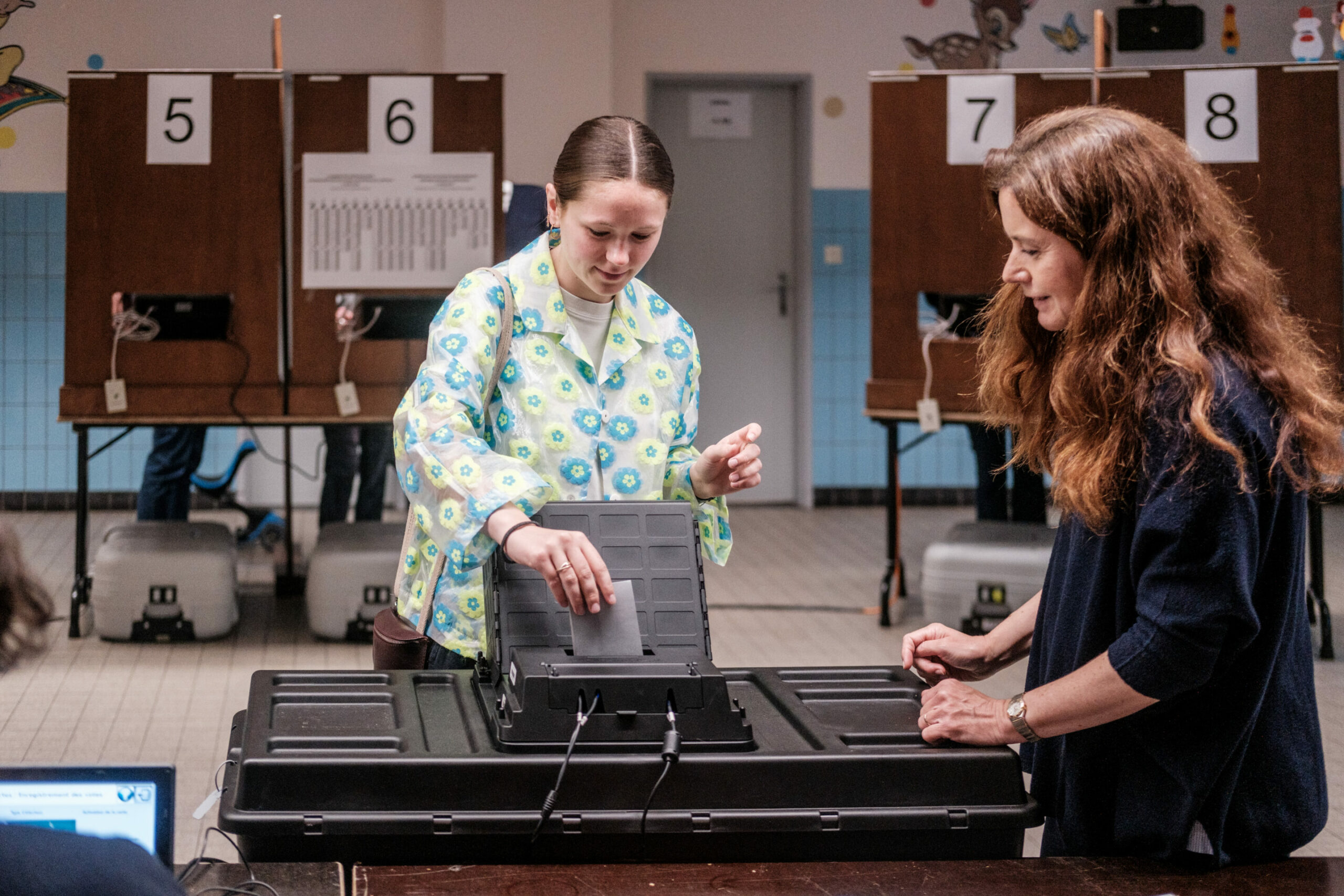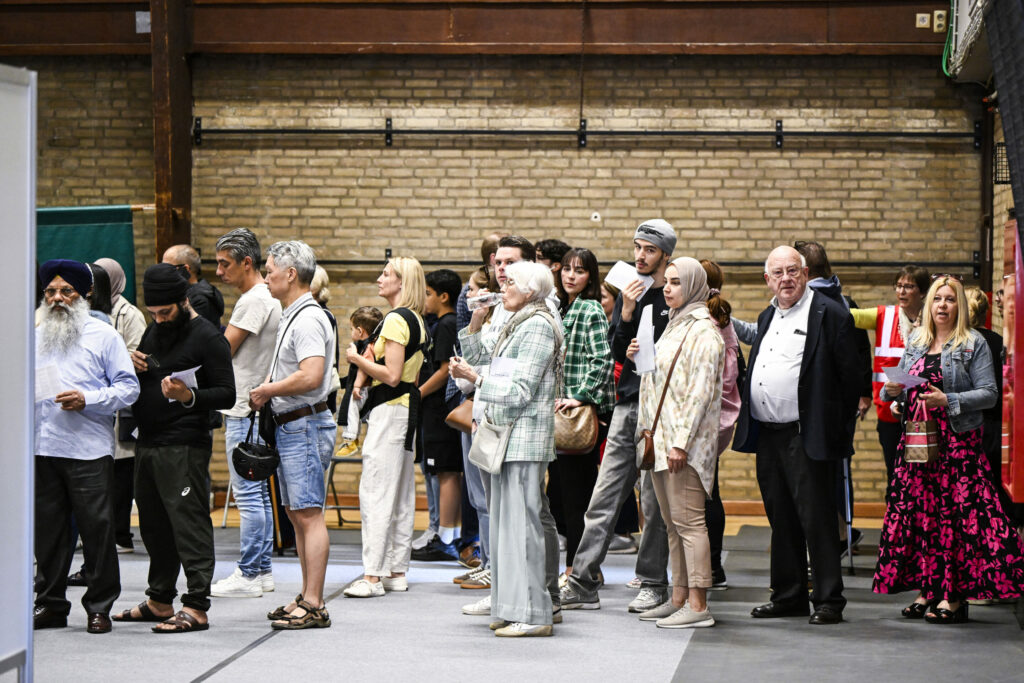While Flanders has abolished compulsory voting in the municipal elections as of this year, going to the polling station remains mandatory in the Brussels-Capital Region. Why the difference?
Adults in Flanders are no longer obliged to go to their local polling stations on Sunday 13 October, as the Region has introduced a number of new measures to redesign the municipal elections and "strengthen local democracy."
In addition, the party that receives the most votes will have the right of initiative to form a coalition (similar to how Belgium's Regional Governments are formed) and the largest party in the majority will automatically deliver the mayor, among other changes.
With Belgium being one of the few countries in Europe where voting is compulsory, the Flemish liberal Open VLD party has long pushed for the end of compulsory voting as they argue that everyone should be free to decide whether or not they want to vote.
Fewer protest votes?
In Flanders, abolishing the compulsory vote could also reduce the number of ‘protest’ votes for extremist parties. The hope is that those dissatisfied with the system will simply stay at home, instead of giving their vote to the far-right Vlaams Belang.
However, research has shown that there is little proof to support this assumption, with political experts even calling the decision a "historic mistake". They fear that people with lower education levels and less favourable socio-economic positions will stop going to voting booths, resulting in their interests not being taken into consideration.
Despite the change, a recent survey of eligible voters in Flanders found that 74% say they will "definitely" vote on 13 October. Only 2% state they will "definitely not" head to the polls, while a quarter of voters remain undecided.
According to political scientist Bram Wauters (UGent), the attendance rate will drop by about 20%. "In the previous local elections, the turnout was around 90%. I estimate that this will now drop to somewhere between 70-80%."

A young woman casts her vote at a polling station in Woluwe-Saint-Pierre. Credit: Belga / Hatim Kaghat
Unlike in Flanders, the question of repealing the mandatory vote system has never been on the political agenda in Brussels. Liberal parties Open VLD and MR are the only ones in favour.
The question was also part of the major 'Future of Brussels' survey of the capital's residents on the institutional reforms, where 57% of the population indicated they were in favour of keeping the requirement to vote. This, in turn, strengthened the conviction of outgoing Brussels Minister for Local Government Bernard Clerfayt (DéFi) that it should not be tampered with.
It remains to be seen if the Francophone side of the country will follow Flanders' lead, but it seems unlikely: most French-speaking parties believe that mandatory voting is the best way to serve democracy.
During the last Brussels elections, some 100,000 eligible voters did not show up – accounting for an absentee rate of 16%. While people who do not go to vote theoretically risk a penalty of €40 up to €80, they are seldom fined or prosecuted.

